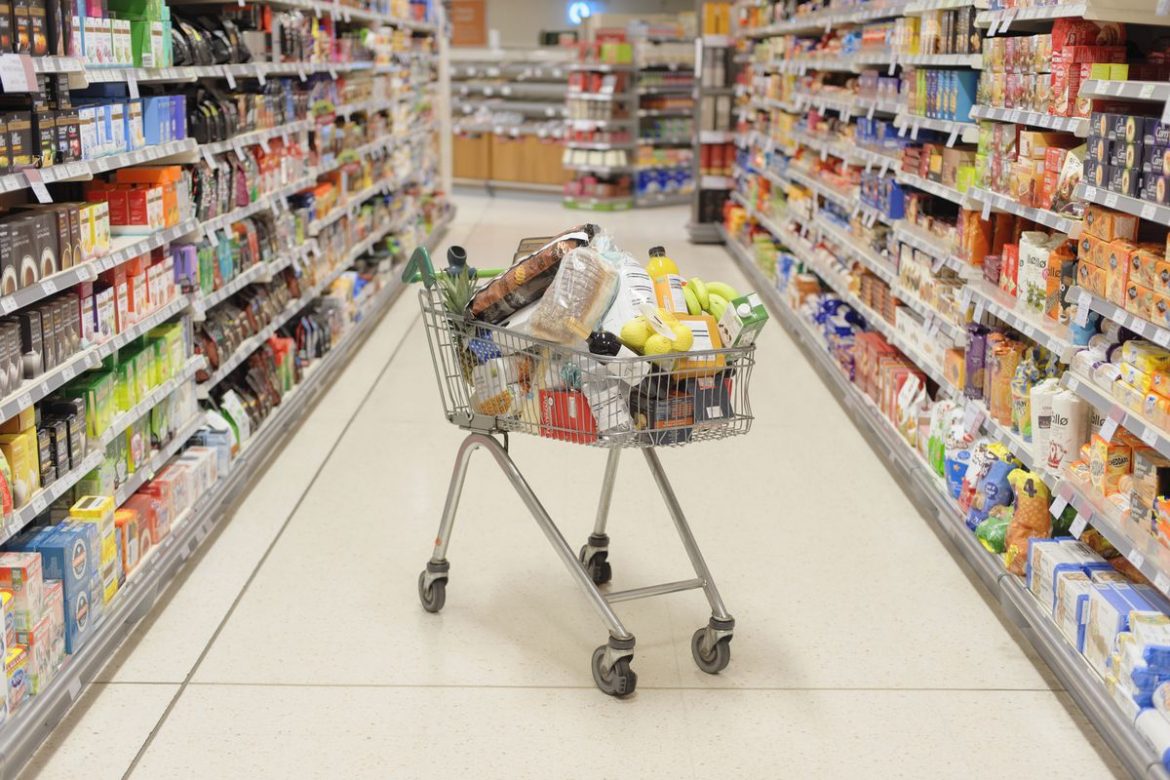A new report has shown that British households’ food bills have been driven up by more than £600 over the past two years by the global climate emergency and soaring energy prices.
Sounding the alarm over the impact from increasing extreme weather patterns for food production, Energy and Climate Intelligence Unit (ECIU) thinktank said that global heating was directly contributing to the cost of living crisis. It warned that a further increases is expected in 2024.
According to the analysis which was undertaken by researchers from the universities of Bournemouth, Exeter and Sheffield, more extreme or unseasonal weather accounted for one-third of all food price inflation in the UK this year.
Combined with the impact of soaring energy prices – after Russia’s invasion of Ukraine drove up gas, energy and fertiliser prices – it said British households had been hit by £605 in additional food costs in 2022 and 2023. While energy prices have fallen back this year, it warned that the impact from the climate emergency was increasing.
Read also: US oil and gas production set to break record in 2023
Reacting, Tom Lancaster, who is the land analyst at ECIU, said: “Climate change is playing havoc with global food production, and this is inevitably feeding through to higher prices at the tills. Across 2022 and 2023, the climate emergency alone added the equivalent of six weekly shops to the average household food bill.”
According to analysis, the cost of the climate crisis rose from £171 in 2022 to £192 in 2023, more than offsetting the effects of falling energy prices this year and having a greater impact than rising energy bills. Official figures show inflation in food and drink prices peaked at an annual rate of almost 20% earlier this year, the highest level since the 1970s, amid disruption to food supplies from weather events and soaring energy costs for producers.
Food price inflation has fallen back in recent months, but remains at historical highs of close to 10%. Prices are also still near record highs after recent storms – including Storm Babet – flooded swathes of farmland, hitting UK potato and vegetable harvests in the run-up to Christmas.
In 2022, drought hit production of basic foodstuffs such as potatoes and onions in the UK, followed by an unusually wet harvest in 2023, and then the hottest September on record. It comes after heatwaves across the Mediterranean, India and South America this year all had a major impact on food production and prices.
Staples including sugar, rice and tomatoes were affected by extreme weather, such as droughts in India, while olive oil rose in price by 50% after two years of drought and heatwaves in Spain and other major exporters in southern Europe.
Story was adapted from the Guardian.
